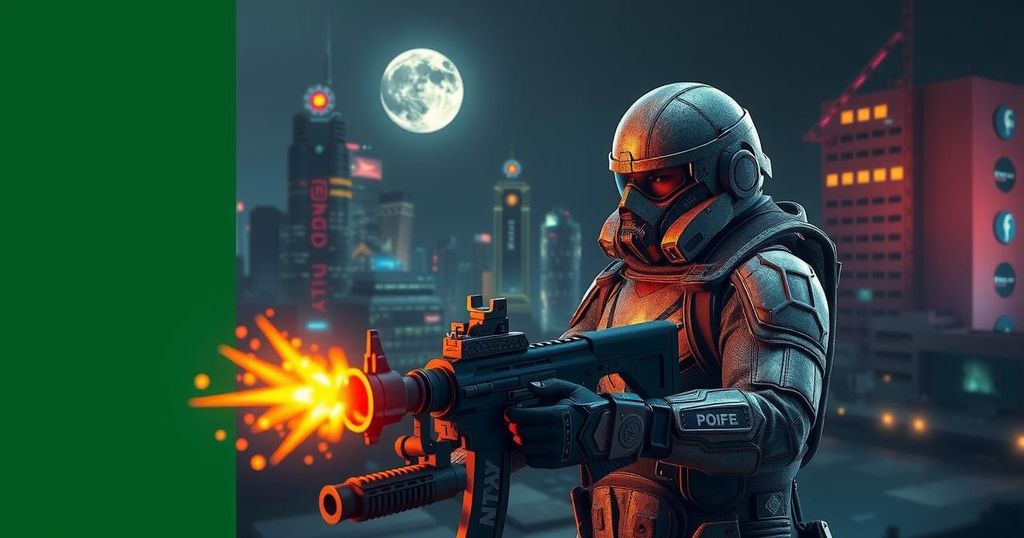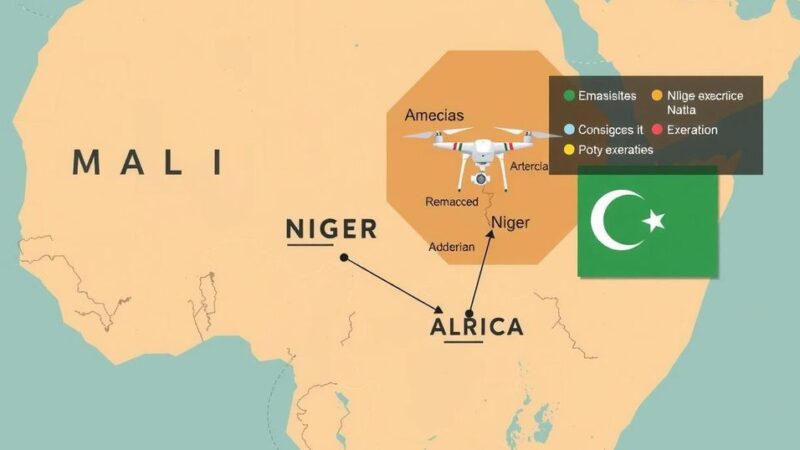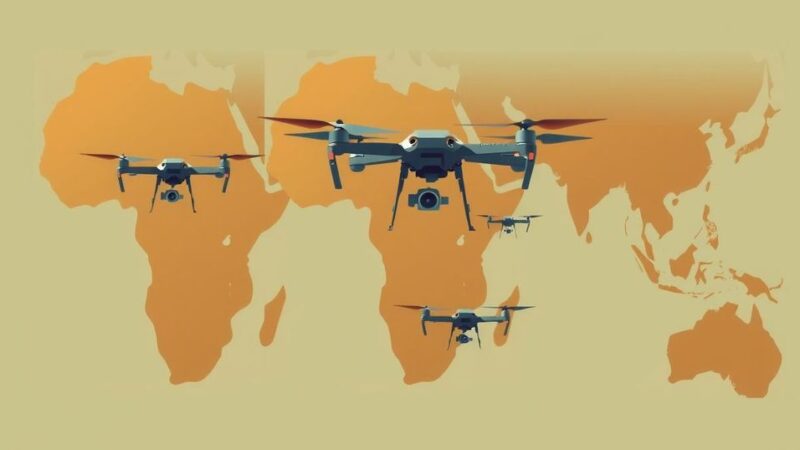Kuwait has retracted approval for the video game Call of Duty: Black Ops 6, featuring Saddam Hussein, due to its historical context, effectively banning the game from release in the region. Activision confirmed that pre-orders would be canceled and hopeful for a potential reconsideration by local authorities. This incident highlights the ongoing intersection of geopolitics and the gaming industry.
The government of Kuwait has rescinded approval for the highly anticipated video game, Call of Duty: Black Ops 6, which features the late Iraqi dictator Saddam Hussein as a character. This decision effectively signals a ban on the game, which is set to include elements related to the Gulf War of the 1990s. Activision, the game’s developer owned by Microsoft, confirmed that due to the lack of an age rating from local authorities, the game would not be permitted for release in Kuwait. In-game content that echoes Kuwait’s past experiences, including scenes depicting the burning of oil fields, has heightened sensitivities in the region given the historical context of Iraqi forces’ actions during the war. Notably, Activision stated, “At this time, the title will not be available for release in [the] region. As a result, all pre-orders in Kuwait will be cancelled and refunded to the original point of purchase. We remain hopeful that local authorities will reconsider and allow players in Kuwait to enjoy this all-new experience in the Black Ops series.” The game reflects an ongoing trend of geopolitical narratives woven into the gameplay of the Call of Duty franchise, which has faced previous bans in other countries due to its controversial themes.
The Call of Duty franchise, initiated in 2003, has garnered significant attention for its immersive gameplay set against the backdrop of various military conflicts throughout modern history. The series is known for its contentious plots, often provoking discussions around the representation of real-world events and figures in entertainment media. The upcoming installment, Call of Duty: Black Ops 6, particularly highlights aspects of the Gulf War, prompting a reaction in Kuwait given the nation’s historical trauma linked to Saddam Hussein’s regime. Additionally, past controversies surrounding the franchise include bans in nations such as China and Russia, demonstrating a recurring pattern where political sensitivities intersect with the gaming industry.
In summary, Kuwait’s withdrawal of approval for Call of Duty: Black Ops 6 underscores the delicate balance between artistic expression in video games and the geopolitical implications that such depictions can provoke. The decision reflects deeper societal concerns regarding the portrayal of historical figures like Saddam Hussein and the memories surrounding the Gulf War. As Activision hopes for a reconsideration by local authorities, the incident serves as a reminder of the ongoing challenges faced by video game developers aiming to navigate complex global markets.
Original Source: news.sky.com






